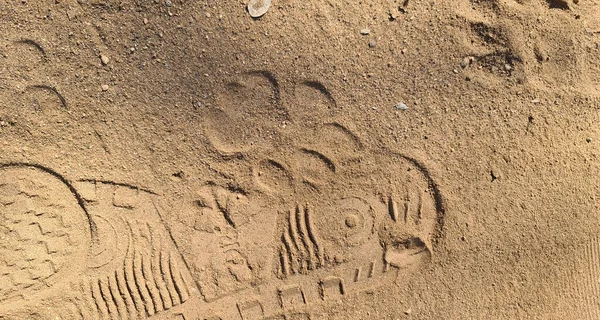The Angolan candidacy competes for inscription on the Representative List of the Intangible Cultural Heritage of Humanity. This is the Sona tradition, which belongs to the culture of the Tchokwe and the Luchazi and Ngangela people who live in eastern Angola and neighboring areas of northwest Zambia and the Democratic Republic of Congo.
The application process presented by the Ministry of Culture, Tourism and Environment highlights that the Tchokwe "are known for their decorative work, particularly in various pieces of art and crafts and drawings in the sand known as sona".
"These sand drawings are part of the Tchokwe oral tradition. They serve first and foremost as a memory in storytelling. The sona are drawn by men. Boys learn to tell stories and draw sona as part of their initiation ritual. Beginners they learn from drawing masters whom they call akwa kuta sona. Sona are normally delineable graphics that can be drawn without lifting your finger or going over the same line twice", details in the application process.
The traditional Mozambican dance Mapiko is also a candidate for inscription on the List of Intangible Cultural Heritage in Need of Urgent Safeguarding, details UNESCO.
Mapiko, or Ingoma ya Mapiko, as used by the community that practices it, originally occurs on the Makonde plateau constituted by the districts of Muenda, Nangade and Muidumbe in the province of Cabo Delgado, in northern Mozambique.
In the application process presented by the Ministry of Culture and Tourism of Mozambique, it is highlighted that Mapiko practitioners constitute the second largest Shimakonde ethnolinguistic group after the Macuas.
The urgency invoked has to do with Islamic fundamentalist activities in Cabo Delgado, “which forced the suspension of Mapiko parties due to the flight and dispersion of the population”, reads the application process.
“The objective is to improve the safeguard strategy against the risk of extinction due to the war on terrorism and to raise awareness among young people of the importance of the Makonde identity in respect for human beings. In the future, we hope that its recognition will reinforce social and territorial cohesion between the different peoples that make up the ethnic mosaic of Cabo Delgado, if not Mozambique and the world”, highlights the Mozambican Ministry of Culture and Tourism.
The decision on the Angolan and Mozambican candidacies will be made at the meeting scheduled for Kasane, Botswana, between 4 and 9 December.







